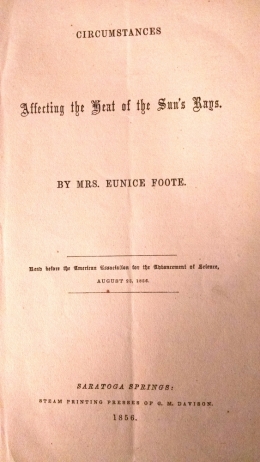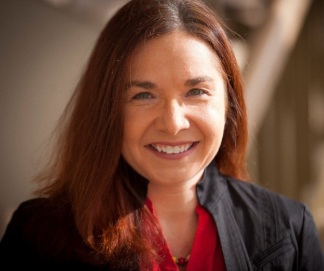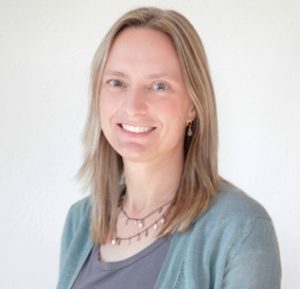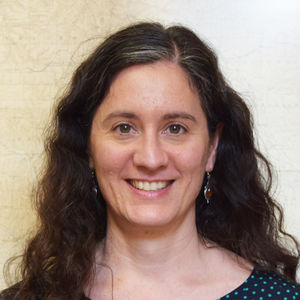ESWN Currents | May 2018
Media Round-Up
A Washington Post story revealed how three African-American teen finalists in a NASA-run science competition were apparently the target of a racist smear campaign designed to cost them the competition. The resulting media attention is creating a focal point for issues of under-representation of women and minorities in STEM fields. One of the teen contestants commented, ““The popular norm is sports and modeling and advertising. [We want] people to see our faces, and see we’re just regular girls, and we want to be scientists.”

finalists in a NASA youth science competition. (Evelyn Hockstein/for The Washington Post)

Members praised the opinion piece published in Inside Higher Ed for its defense of women who “let go of what is not working…try new things…listen to others without feeling threatened, and [have] the courage to be leaders when needed”.
Though many are acquainted with the name of John Tyndall, they may be unaware of the name of Eunice Newton Foote. In 1856 Foote was the first person to suggest that an atmosphere containing high levels of carbon dioxide would lead to a warmer earth, but whose scientific contributions went unrecognized because of the customs of the time. A symposium at UC Santa Barbara on May 17 delved further into the topic.




